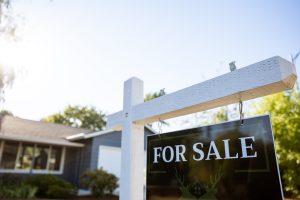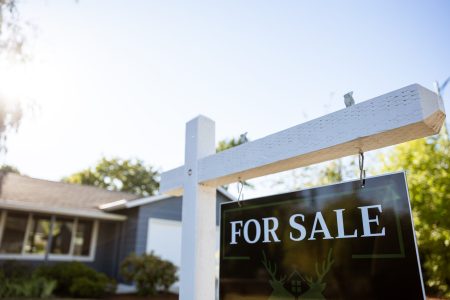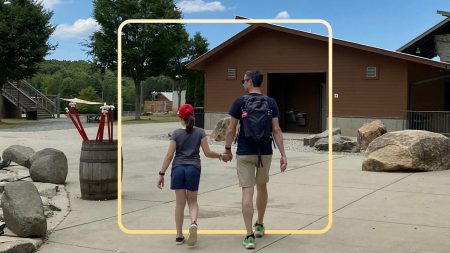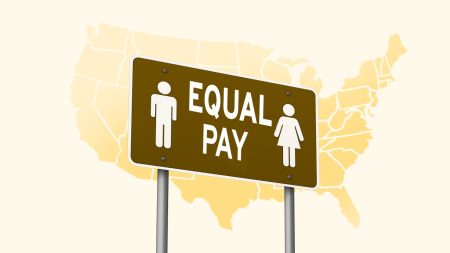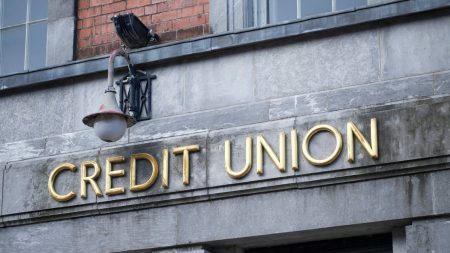Key takeaways
- The Biden administration ultimately cleared $183.6 billion in student loan debt before leaving office.
- The Trump administration moved to strike down federal income-driven repayment, consolidation and forgiveness plans.
- Court rulings currently have federal programs in limbo, but applications to key debt consolidation and repayment structures were reinstated on the U.S. Department of Education website.
- The Trump administration wants to move on collecting defaulted or paused loans, making this a turbulent time for federal student loan borrowers.
In August 2022, President Joe Biden announced a plan to forgive up to $20,000 of student loans per borrower. In June 2023, the Supreme Court struck down the plan, an attempt to wipe out student loan debt for about 20 million borrowers, providing at least partial relief for 43 million.
Despite the Supreme Court decision, the Biden administration forgave the debt of over 5 million federal student loan borrowers. Before leaving office in January 2025, the Biden administration cleared loans for 150,000 borrowers, bringing the administration’s total in student loan debt relief up to $183.6 billion.
Under the Trump administration, the continuation of student loan forgiveness is questionable. The U.S. Department of Education announced last month it plans to begin collecting on defaulted federal student loans in May. The status of these relief efforts leaves many questions for borrowers. Despite the uncertainty of widespread change, some of those questions can be answered now.
What is going on with federal student loan forgiveness?
The Trump administration immediately began to dismantle student loan forgiveness programs. The administration recently announced collecting defaulted loans starting on May 5. Plus, federal student loans may be moving to the Small Business Association, but Congress would need to approve such a move.
Most proceedings related to student loan payments are held up in the courts at the moment. The Biden administration had instituted the Saving on a Valuable Education (SAVE) plan, a generous repayment plan that the courts currently have in limbo and legislatures may kill.
For a while, borrowers could not access the income-driven repayment (IDR) or online loan consolidation applications, as these applications were removed from the U.S. Department of Education’s website. After court rulings, however, the IDR online application and online loan consolidation application are currently accessible. It links to where you can keep up-to-date on court actions affecting IDR plans.
Though there are no changes to Public Service Loan Forgiveness, However, the Trump administration wants to put limits on who qualifies, causing much confusion and distress for borrowers.
How does student loan forgiveness work for students misled by for-profit colleges?
The Borrower Defense to Repayment Program, announced by the Department of Education in 2021, was designed to offer full discharge of federal student loans for defrauded student borrowers of several for-profit colleges, as well as reimbursement of any amount paid toward the loan. Additionally, the Borrower Defense program offers the ability to remove negative credit reports made to credit bureaus and reinstate eligibility for federal student loans.
The program was temporarily blocked by a 5th U.S. Circuit Court of Appeals court in August 2023, and in April of the following year, the case was further postponed. According to the Department of Education, borrowers may still apply online for borrower defense relief but will not adjudicate those applications until there is a final judgment on the case.
Who doesn’t qualify for student loan forgiveness?
Student loan forgiveness plans are only for borrowers who took out federal loans. Private student loans do not qualify for any of the existing forgiveness plans.
Private student loans aren’t owned by the federal government. They’re owned and disbursed by private lenders, credit unions or banks. Any legislation enacted by President Biden doesn’t apply to private loans.
However, private lenders can offer targeted relief programs if you’re struggling with payments. If you have private student loans, check with your lender to see what options are available.
Will I pay taxes on my canceled student debt?
Due to the Student Loan Tax Relief Act, all student loans forgiven by the federal government are not considered taxable income on a federal level through 2025. Some states may tax the forgiven debt amount, leading to a sizable tax burden. As of September 2023, those states include Arkansas, Indiana, Mississippi, North Carolina, and Wisconsin.
Will my credit score go up after student loan forgiveness?
The impacts on your credit score after student loan forgiveness come down to your credit health and financial situation. After you pay off a loan, it’s not uncommon to see your score decrease by a few points since you’re lowering the average age of your accounts and potentially hurting your credit mix. On the other hand, having your student loans forgiven could improve your debt-to-income ratio and make it easier to make timely payments on your other debt.
Read the full article here


